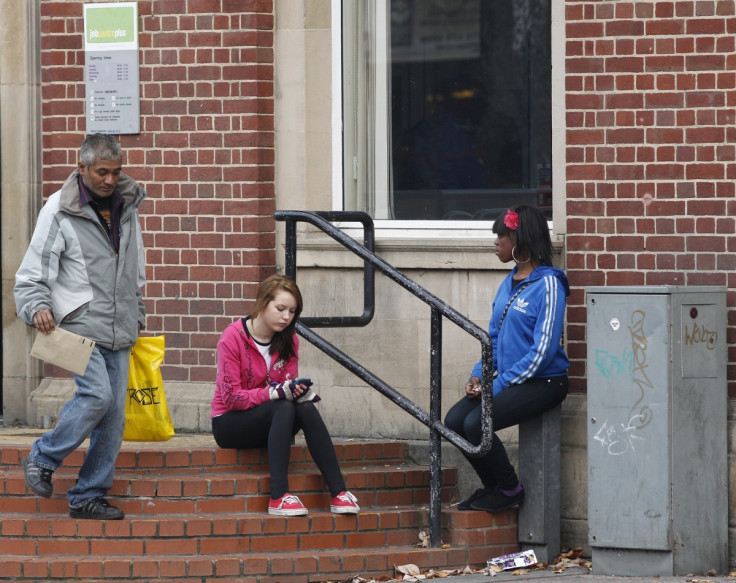Young Brits 'locked out' of future job chances warns Joseph Rowntree Foundation

Young people in the UK are facing a future worse than their parents as they are being "locked out" of future opportunities, the Joseph Rowntree Foundation (JRF) has warned. The charity's Monitoring Poverty and Social Exclusion report shockingly found that there are now more people aged 16-24 living in poverty than those aged over 65 – 400,000 more than a decade ago.
The research, written by the New Policy Institute (NPI), revealed that young people are also four times more likely to be unemployed, reporting that 16% of under 25s are unemployed, compared to 4% of the working age population as whole.
"A welcome fall in the number of pensioners living in poverty, thanks partly to direct action from the government, shows that this is a problem which can be solved," said Julia Unwin, the chief executive of the JRF.
"We need to see the same commitment to tackling the drivers of poverty among younger people, including low pay, unaffordable housing and difficulties entering into and progressing at work. There is an important role for businesses, employers, and local leaders, who must to work together if we are to eradicate poverty once and for all."
The survey also discovered that there are 3.7 million children living in poverty in the UK today, the same number as ten years ago. But the JRF also found that the proportion of households with no working adult is now at its lowest level since comparable records began, with 16% of working-age households having no adult in work
"A job should offer everyone a route out of poverty, yet these figures show more than half of families below the poverty line have at least one adult in work," said Owen Smith, Labour's shadow work and pensions secretary.
He added: "For all their bluster and spin, in work poverty is rocketing on this government's watch. There are now almost seven million working families in poverty. So it is a gross insult that the Tories are planning yet more cuts to the support working families rely on like tax credits, universal credit or housing benefit."
© Copyright IBTimes 2025. All rights reserved.






















